
Ben Kentish 10pm - 1am
2 January 2020, 05:59
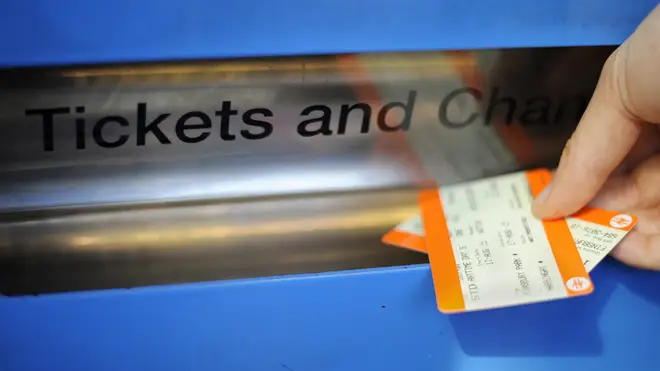
Rail passenger groups across the UK are calling for an overhaul of ticket pricing as the annual fair rise take effect with some season tickets becoming £100 more expensive.
Train operators are imposing a 2.7 per cent average increase from Thursday with season tickets rising by 2.8 per cent.
Meanwhile, protests will be held against the annual increase in fares as new research suggests they have risen twice as fast as wages in the past 10 years.
The biggest demonstration will be outside London's King's Cross station, with rail workers and campaigners joining forces to argue that staffing, not fares, should increase.
Some long-distance commuters saw the annual cost of getting to work increase by more than £100 as the nation enters a new decade despite fewer than two-thirds of trains being on time last year.
Fewer than half (47%) of passengers are satisfied with the value for money of train tickets, according to the latest survey by watchdog Transport Focus.
Transport Secretary Grant Shapps announced a new fund will be created to support trials of more flexible fares across the country as part of improvements focused on "putting passengers first".
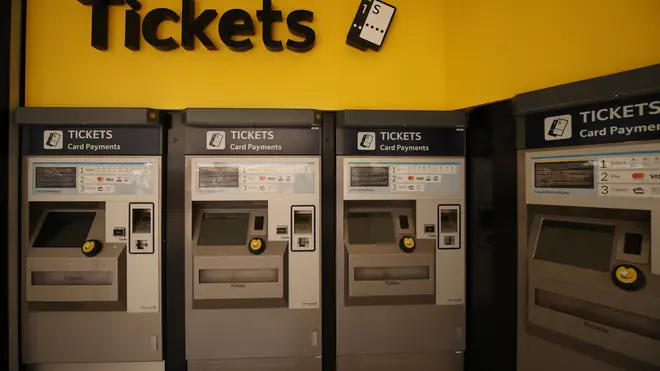
Protest action from commuters follows the end of 27 days of strikes by members of the Rail, Maritime and Transport union on South Western Railway over the bitter guards on trains dispute, which caused travel misery for passengers throughout December.
An amended timetable will still be in place on Thursday and Friday, even though the guards have returned to work.
Bruce Williamson, of pressure group Railfuture, claimed fares are "outstripping people's incomes".
He said: "Welcome to another decade of misery for rail passengers.
"How on earth is the Government going to meet its climate commitments by pricing people off environmentally-friendly trains and on to our polluted and congested roads?"
Network Rail data shows only 65% of trains arrived at their scheduled station stops within one minute of the timetable in the 12 months to December 7.
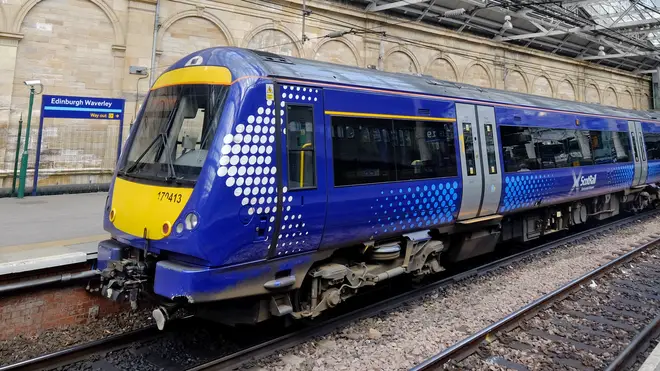
South Western Railway passengers suffered from strike action throughout December, while there was major disruption to Northern, TransPennine Express and West Midlands Trains services during much of 2019.
Rail, Maritime and Transport union analysis of company accounts for train operators and three major rolling stock firms showed they have paid out £4.4 billion in dividends to shareholders over the last 10 years.
Transport Focus director David Sidebottom said: "After a year of pretty poor performance in some areas, passengers just want a consistent day-to-day service they can rely on and a better chance of getting a seat."
He urged passengers to "offset the cost of the fare rises" by claiming compensation for every eligible delay.
Among the routes where the price of annual season tickets has increased by a three-figure sum are:
- Reading to London (up £132 to £4,736)
- Gloucester to Birmingham (up £118 to £4,356)
- Glasgow to Edinburgh via any permitted route (up £116 to £4,200)
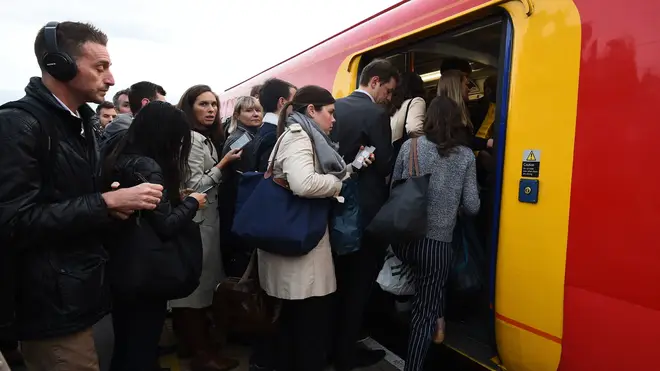
Passengers buying tickets for day trips have also been hit by the fares rise.
An off-peak return ticket from Dundee to Edinburgh has increased in price by 50p to £29.40, while an Anytime return ticket from Gillingham to London via the HS1 route is up £1.20 to £45.40.
The increase in around 45% of fares, including season tickets, is regulated by the UK, Scottish and Welsh governments.
This is predominantly capped at July's RPI inflation figure, which was 2.8%.
Other fare rises are decided by train companies.
General secretary of the TUC Frances O'Grady said: "Working people have had enough of over-crowded and unreliable services.
"The number one priority should be running a world-class railway service, not subsidising shareholders.
"No more excuses - the Government must end the failed privatisation and put trains back in public ownership. This would free up money for much-needed upgrades and lower ticket prices for working people."
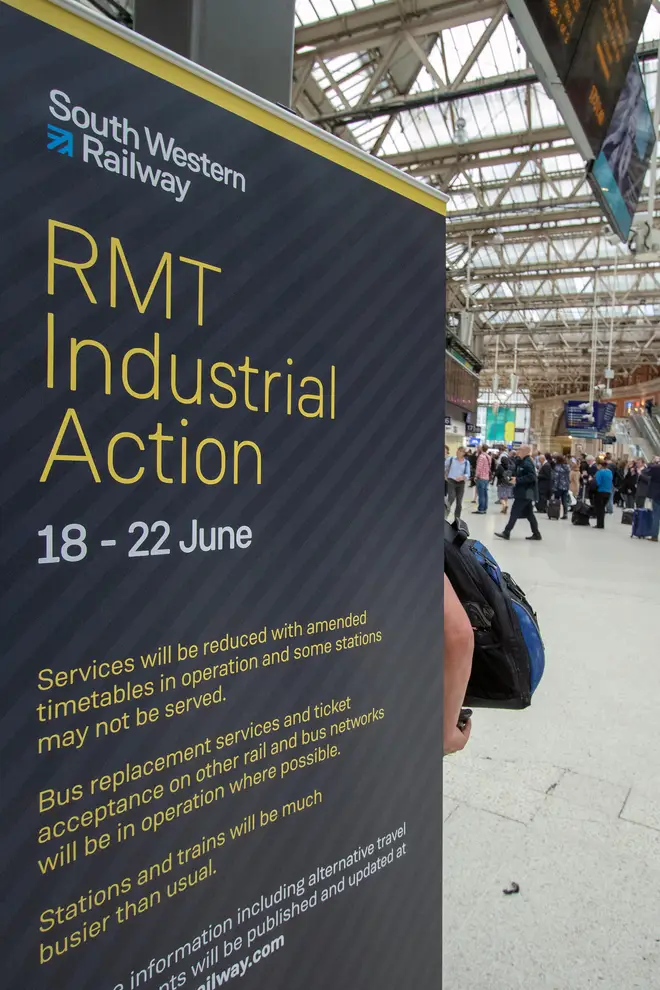
Mr Shapps unveiled a new fares trial on Govia Thameslink Railway services which will give passengers on certain routes the opportunity to buy better value tickets aimed at part-time workers.
A fund to support further trials across Britain will also be established by the Government.
The Department for Transport will set out reforms of the railways in a white paper, responding to recommendations of the Government-commissioned Rail Review led by former British Airways boss Keith Williams.
It was due to be published in autumn 2019 but has been delayed until this year due to the general election.
Mr Shapps said: "This Government will improve the railway system to ensure the focus is always on putting passengers first.
"This commitment begins with the launch of innovative fares trials, to help explore the benefits and costs of a clearer, more flexible and fairer fares system."
Mr Williams said his review's recommendations will be aimed at "creating a system that's built for its passengers".
He continued: "The trial launched today will help to shape my recommendations for a fairer, more flexible and modern service, which better reflects the way people want to travel."